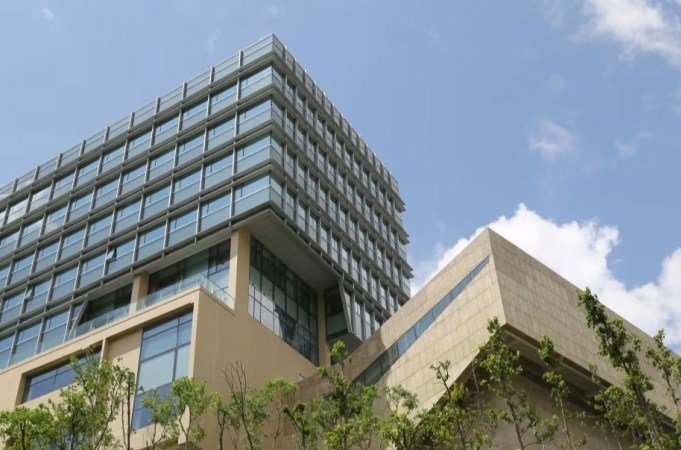The Covid-19 pandemic, the war in Ukraine, and the rise of online education have posed unprecedented challenges for European business schools. How are they coping with the turbulence and preparing for the future?
HEC Paris tops the FT ranking for the fourth year in a row
HEC Paris has maintained its position as the best European business school according to the Financial Times’ 2022 ranking. The French school scored highly in all five categories: MBA, executive MBA, masters in management, executive education open programmes, and executive education custom programmes.
HEC Paris has been able to attract and retain top talent from around the world, despite the travel restrictions and health risks caused by the pandemic. The school has also invested heavily in digital transformation and social impact initiatives, such as launching a new online MBA programme and creating a centre for inclusive and social innovation.
The school’s dean, Peter Todd, said that HEC Paris was committed to excellence and relevance in a changing world. “We are proud of our achievements, but we are also aware of the challenges ahead. We need to continue to innovate, collaborate, and create value for our stakeholders,” he said.
ESCP Business School rises to the third place with a strong performance in EMBA and MiM
ESCP Business School, which has campuses in six European countries, has climbed to the third place in the FT ranking, up from the fifth place last year. The school’s executive MBA and masters in management programmes ranked among the top five in Europe, while its executive education programmes also improved their positions.
ESCP Business School has been able to adapt to the changing needs of its students and clients, by offering more flexibility and diversity in its programmes. The school has also expanded its global reach and partnerships with other institutions, such as the University of Cambridge and the MIT Sloan School of Management.
The school’s dean, Frank Bournois, said that ESCP Business School was prepared for a turbulent future. “We have a unique model of a multi-campus business school, which gives us a competitive edge in a globalised world. We have also developed a strong culture of innovation and entrepreneurship, which enables us to create value for society,” he said.
Competition for students, Covid and the war in Ukraine have piled pressure on institutions
The FT ranking reflects the difficulties faced by many European business schools in the past year. The Covid-19 pandemic has disrupted the delivery of education, the mobility of students and faculty, and the financial sustainability of schools. The war in Ukraine has also threatened the stability and security of the region, affecting the schools in central and eastern Europe.
Some schools have struggled to cope with the challenges, while others have seized the opportunities to innovate and differentiate themselves. The ranking shows that the gap between the top and the bottom schools has widened, as well as the diversity among the schools in terms of size, location, and focus.
The ranking also reveals the trends that are shaping the future of European business education, such as the growth of online and blended learning, the demand for social and environmental responsibility, and the need for collaboration and integration across borders.
The ranking methodology and the full list of schools
The FT ranking of European business schools is based on the performance of the schools in five separate rankings published by the FT throughout the year: MBA, executive MBA, masters in management, executive education open programmes, and executive education custom programmes. The schools are weighted according to the size and quality of each programme.
The ranking includes 95 schools from 25 European countries, with France having the most schools (20), followed by the UK (18) and Germany (10). The top 10 schools are:
- HEC Paris
- London Business School
- ESCP Business School
- SDA Bocconi School of Management
- University of St Gallen
- IESE Business School
- Edhec Business School
- ESMT Berlin
- Essec Business School
- IE Business School
The full list of schools and the detailed methodology can be found on the FT website.

